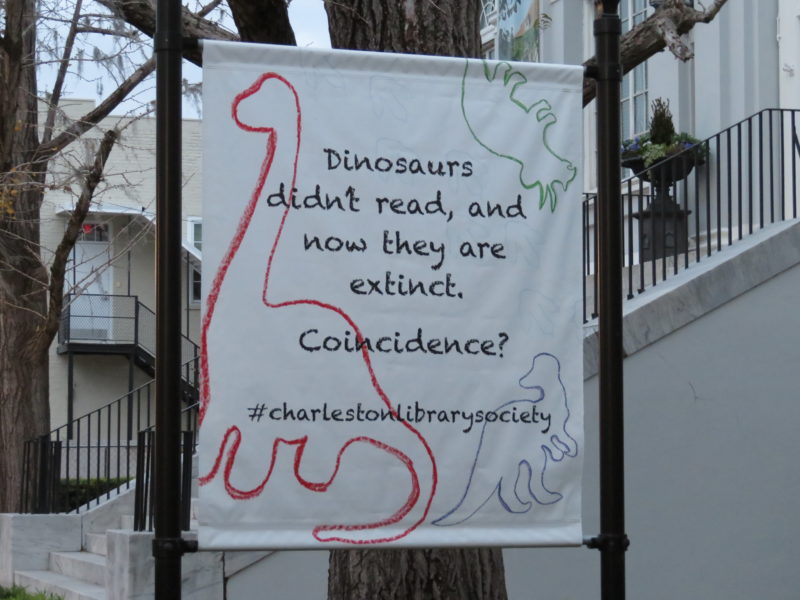
Consequences of Erudite Vernacular Utilized Irrespective of Necessity: Problems with Using Long Words Needlessly is the title of a decade-old Princeton study by cognitive psychologist Danny Oppenheimer who now teaches at Carnegie Mellon. The paper won the Ig Nobel Science Humor award which recognizes “achievements that first make people LAUGH, then make them THINK.” Which it does indeed, as does its author (who introduces himself on his university website with” Some people say I like corny puns. There’s a kernel of truth to that, I’ve got an ear for puns that pop… ” )

The paper reported on a clever set of 5 studies that found basically that less complex writing is preferred over more complex one, and the author’s intelligence is judged more positively when writing simple texts. “The negative consequences of needless complexity were shown in widely disparate domains (personal statements, sociology dissertation abstracts and philosophical essays), across different types of judgements (acceptance decisions and intelligence ratings), and using distinct paradigms (active word replacement and translation differences). The effect was demonstrated regardless of the quality of the original essay or prior beliefs about a text’s quality. All in all, the effect is extremely robust: needless complexity leads to negative evaluations.”
https://www.affiliateresources.org/pdf/ConsequencesErudite.pdf


The assumption was that something that feels less fluent (because you have a harder time processing it) is associated with a less intelligent author. This was confirmed when a manipulation of how easily we can read a text, by presenting it in an impossibly hard font, also led to a negative judgement of the text author’s smarts. The reader could not easily process the text and so laid that at the feet of the author, even though it had nothing to do with the expressed ideas of the article. In summary, then: We protect ourselves from feeling dumb by blaming the writer.


Be careful, then, with using big words, if your writing aims at impressing other people. If, on the other hand, you just want to have fun cranking your brain, by all means adopt a commodious vocabulary as a meritorious selection over quotidian asseveration……


Here are the biggest words you might want to avoid (actually they are the longest, but sufficiently obtuse for my purposes):
http://mentalfloss.com/article/50611/longest-word-in-the-world

I’ll end with today’s favorite: FLOCCINAUCINIHILIPILIFICATION, the longest non-technical word in English, which refers to the act of describing something as having little or no value. Like complex word use.
Then again, I might go for the longest German word at 80 characters:
Donaudampfschifffahrtselektrizitätenhauptbetriebswerkbauunterbeamtengesellschaft, the “Association for Subordinate Officials of the Head Office Management of the Danube Steamboat Electrical Services,”
given that German is my first language, one for which Mark Twain observed: “Some German words are so long that they have a perspective.”
Just don’t judge my intelligence by it…..
Photographs today are of extremely simple utterances found on the street:







Jutta
This blog made my morning! I love starting the day with laughter. Thanks, Rike.
Ken Hochfeld
Brings to mind George Will. Some of us need a dictionary close at hand to get through some of his writing. While there is no humor in his distaste for 45, it’s often worth wading through at least for some comfort that some of them maintain some sense through the nonsense.